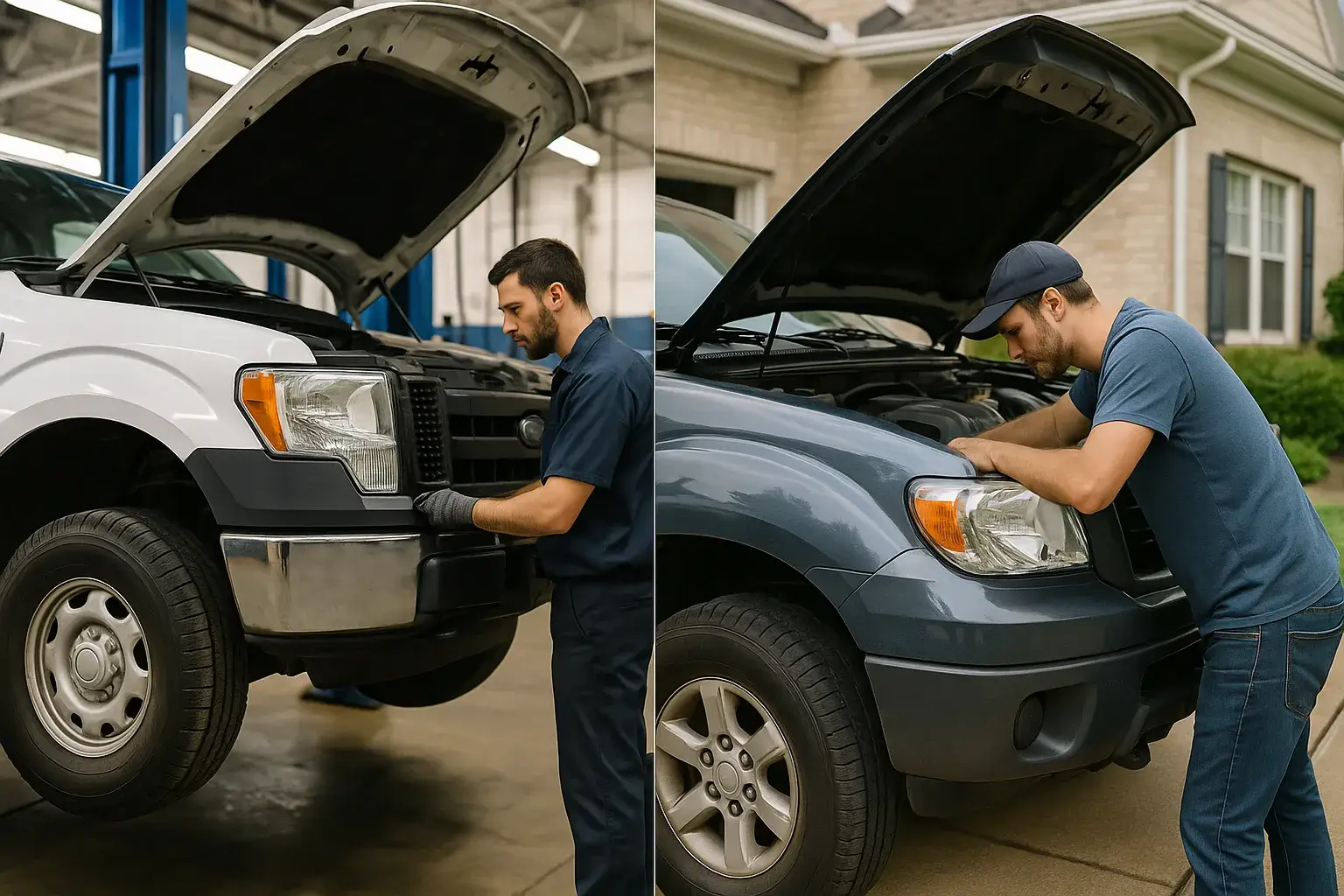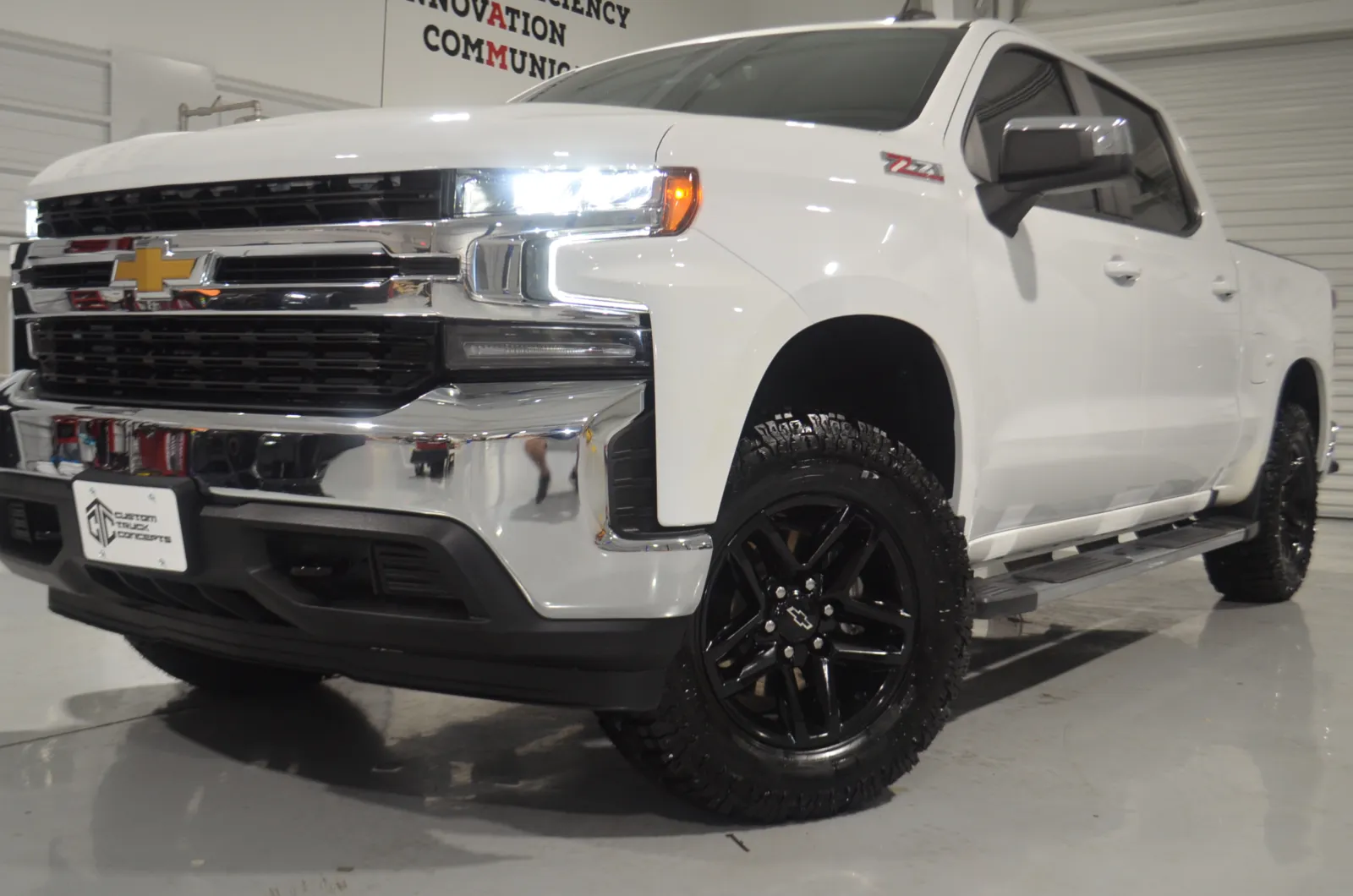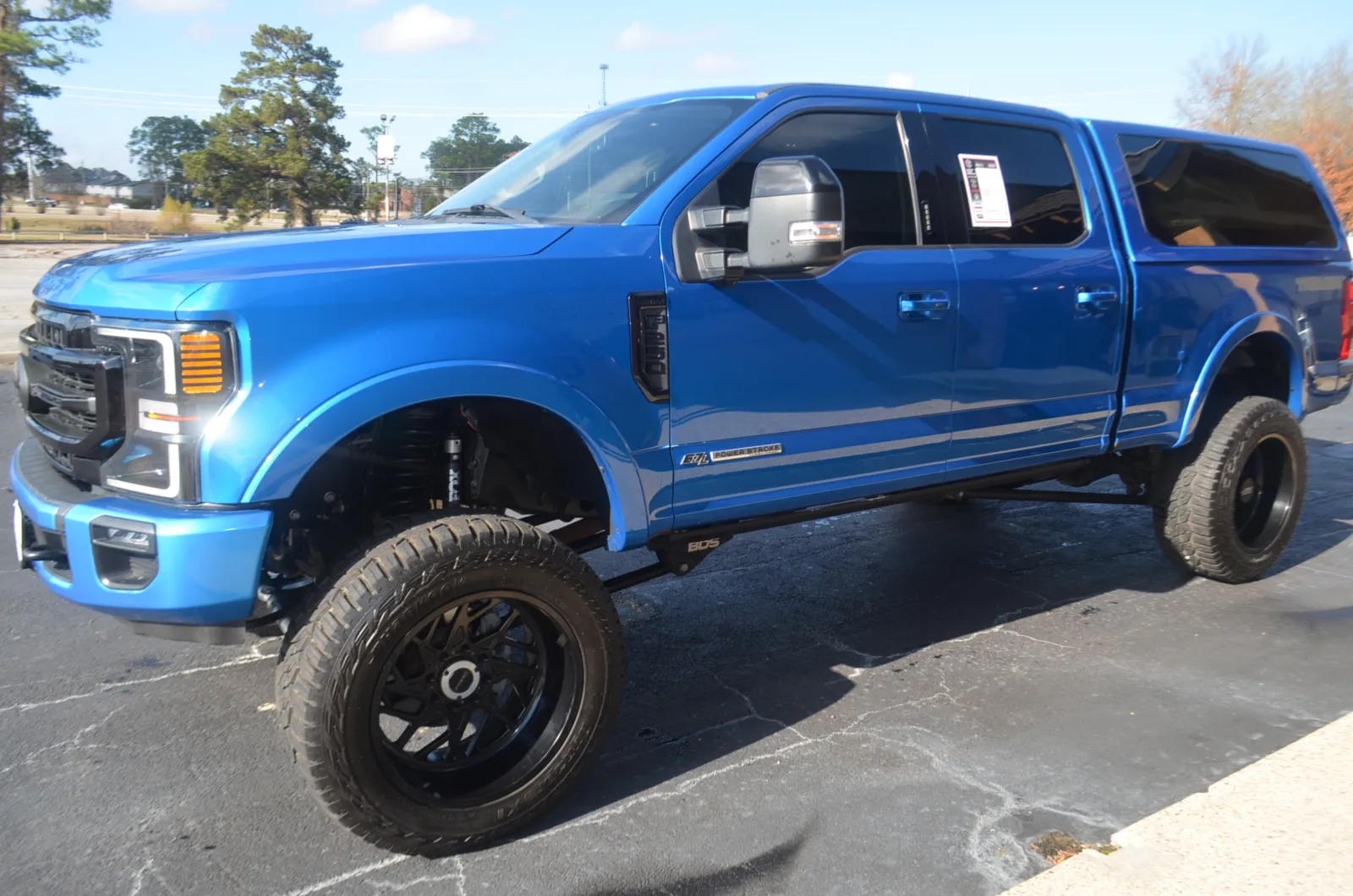Truck Repair Shops vs DIY Repair

Truck Repair Shops vs DIY Repairs: Which Saves You More in the Long Run?
When the Breakdown Hits: DIY Repairs vs. Certified Shops
When Truck Repair Shops Aren’t the Perfect Fit
Even the best things come with tradeoffs—and truck repair shops are no exception. While they’re undeniably a cornerstone of long-term vehicle health, they’re not always the ideal answer for every driver or every situation. Understanding where the convenience ends and the complications begin can save you a world of frustration.
Hefty Price Tags and Premium Labor
Let’s get real: taking your pickup into a pro shop isn’t always kind to your wallet. These places employ experts—some ASE-certified, some practically born holding a torque wrench—and that level of expertise commands a price. Add to that the cost of diagnostics, high-end parts, and tools most folks couldn’t pronounce, and suddenly that clunk under your hood becomes a line item on your monthly budget.
If you’re wrench-savvy, this cost gap becomes even more obvious. DIYers can tackle routine maintenance or minor fixes for a fraction of the cost. Sure, the trade-off is time and elbow grease, but if you’ve got the know-how, the initial savings are real.
Still, those dollars buy more than just labor. They buy precision. A guarantee. A fix that doesn’t come undone at 70 mph. But for truck owners on a budget or with basic repair skills, the price of professional service might sting harder than the repair itself.
Your Schedule vs. Theirs
Here’s the rub— truck repair shops run on their own clock. And if your availability doesn’t match theirs, good luck. Booking an appointment during busy seasons might feel like trying to get front-row concert tickets. You’re left playing phone tag, hoping for a cancellation, or burning PTO just to make the drop-off.
Worse, if your truck’s your livelihood, every day it’s sitting in a lot waiting for diagnostics is money lost. That’s especially true for custom or work-focused rigs. Some shops might not even offer what you need if your truck’s heavily modified or built for off-road punishment. If you’re outside metro areas, you may be hunting miles just to find one that handles diesel diagnostics, DOT inspections, or oversized components.
Bottom line? Convenience comes at a premium—and sometimes, it’s not on your terms.
DIY: When the Wrench Is in Your Hands, So Is the Power
There’s something visceral about cracking open your own engine bay. DIY repairs don’t just save you money—they give you control. You decide what parts to use. When to work. How deeply to go. And no one’s rushing you out of a bay or charging a markup on parts.
Saving Dollars Where It Counts
Labor is the biggest line item on most repair bills. Knock that off the table and suddenly a $400 brake job becomes $75 in parts and a Saturday afternoon project. Oil changes, filter swaps, minor sensor replacements—if you’ve got the time, the tools, and some courage, these tasks don’t need a professional.
Sure, there’s an upfront cost. You’ll need a solid set of tools, maybe a code reader or two, and a garage setup that won’t make your neighbors file noise complaints. But once that investment’s made, you’re on your own terms. Long-term savings become undeniable.
Flexibility That Shops Can’t Match
DIY gives you freedom—freedom from waiting rooms, phone calls, and repair windows that stretch for days. Got a lifted F-250 that needs a part swapped before a weekend trail run? You don’t need to beg for a slot—you just get to work. You set your standards, pick your parts, and work until it’s right.
That freedom’s especially golden if you’re customizing. Many truck repair shops stick to stock specs, but when you’re modding, tweaking, and upgrading, nobody knows your build better than you. DIY lets you finesse every detail, install custom features, and make sure it all fits your exact vision.
Knowledge That Pays for Itself
Every repair teaches you something. Maybe it’s how to bleed brakes without making a mess, or how to replace a fuel pump without pulling your hair out. Over time, those lessons become instinct. You’ll hear a noise and know what it is. You’ll see a leak and know where it’s coming from.
DIY skill building isn’t just practical—it’s empowering. Especially when you’re driving a rig with aftermarket everything and there’s no one-size-fits-all manual. You’ll know what to watch for, what to tune, and how to get yourself out of a jam. That confidence? You can’t buy it in any shop.
But Beware the Wrench’s Bite
Of course, DIY isn’t always sunshine and successful spark plugs. Trucks are intricate, especially the newer or modded ones , and screwing something up can spiral fast.
Mistakes Can Cost You
Get a diagnosis wrong, and you could spend hours (and cash) chasing a ghost problem. Replacing parts that weren’t broken. Ignoring symptoms of deeper trouble. And if you botch a brake line or mess with something fuel-related? You’re risking more than just inconvenience.
It’s not just about money—it’s about safety. One wrong torque setting or skipped step can put you or someone else in danger. Shops are built around systems to prevent that. DIYers? You’re flying solo.
Missing the Right Tools Hurts
Professional truck repair shops have gear most of us don’t even know exists—let alone can afford. Digital scanners. Torque-to-yield meters. Custom lifts for HD trucks. Without that gear, some repairs are either impossible or dangerous to attempt.
Ever tried pressing in a ball joint without a hydraulic press? Not fun. And don’t get us started on tuning diesel systems or working with modern computer modules. If your toolbox is missing more than it’s packing, you might be biting off more than you can chew.
Downtime Is a Real Killer
Trying to fix a truck without the proper knowledge or tools often leads to one thing: delays. What could take a pro three hours can take you three days. That’s time you’re not hauling, not working, not moving. If your truck is tied to your paycheck, delays can sting deep.
There’s a reason so many fleet owners rely on truck repair shops . It’s not just about expertise—it’s about speed. In a commercial world, uptime is everything. And sometimes DIY just can’t keep up.
Fleet Owners, Take Note
If your truck’s not just for weekend rides but is part of a larger fleet, your stakes are even higher. Downtime isn’t a nuisance—it’s a business loss. That’s where professional truck repair shops shine hardest.
Keeping the Gears Turning
A good shop becomes part of your ecosystem. Preventive maintenance, emergency repairs, inspections—they don’t just fix problems. They help you avoid them. That’s gold in an industry where one parked truck can throw off an entire delivery chain.
Pro shops offer consistent, reliable service that keeps your team rolling. No guessing. No shortcuts. Just uptime, maintained.
The Cost Math That Actually Makes Sense
Sure, shops cost more upfront. But consider what they save you: delayed shipments, lost contracts, driver idle time. A preventive maintenance package or fast diagnostics can make all the difference between a good quarter and a late one.
Professional shops help you dodge disasters before they manifest. They aren’t a luxury—they’re an operational investment. Especially for custom rigs or diesel fleets, it pays to have a partner who knows your setup inside and out.
When the Shop Clock Isn’t on Your Side
Let’s not sugarcoat it— truck repair shops operate on their time, not yours. Their schedules are rigid, their peak seasons packed, and if you’re unlucky, you’ll be stuck in the purgatory of postponed repairs. Especially when life’s throwing curveballs or your ride doubles as your paycheck, aligning with their timetable can feel like solving a Rubik’s Cube blindfolded.
During high-traffic times—think post-snowstorm, pre-road-trip season, or after a fleet recall—waitlists stretch out like backroads in Texas. Meanwhile, your truck sits idle. Maybe even collecting dust instead of paychecks. And not every shop offers the exact set of services you need, either. DOT inspections? Emergency roadside recovery? Diesel tuning? Good luck if you’re out in the sticks or driving something that doesn’t play by factory rules.
It’s not about whether truck repair shops are capable—it’s about whether they’re available when you need them most.
The DIY Route: Where Sweat Equals Savings
Sometimes, the best mechanic for the job is the one staring back at you in the mirror. DIY truck repairs hand you the keys to autonomy—giving you not only control over costs but also over parts, pace, and precision.
Shaving Down the Bill
There’s no sugarcoating it—shops are pricey. But when you tackle the job solo, labor costs vanish. And that’s usually the biggest slice of the invoice. Even with the cost of tools and the occasional busted knuckle, the money you’ll stash long-term by handling basic fixes yourself can be considerable.
An oil change done in your driveway? A fraction of the shop price. Replacing headlights, batteries, brake pads—it all adds up to major savings over time. As long as you’re realistic about what you can handle, the financial upside is hard to ignore.
Full Reins, Full Responsibility
With DIY, you’re in the driver’s seat. You don’t have to settle for generic parts or wonder whether the tech rushed the job. Want premium ceramic pads instead of the shop’s budget ones? Want to torque every bolt yourself and take your time? It’s your call, your truck, your outcome.
This flexibility means more than just freedom—it’s customization. Lifted trucks, custom paint, off-road kits—these builds often fall outside the wheelhouse of average truck repair shops . But if you built it, you already know what it needs. And if you didn’t build it, well, you’re about to learn.
Learning That Pays Back Forever
Every repair is a masterclass. Each time you tinker, troubleshoot, or triumph, you level up. The experience is yours. The confidence becomes part of your toolkit. Before long, you’re diagnosing problems by ear, identifying leaks by smell, and replacing belts like it’s second nature.
This growth isn’t just functional—it’s satisfying. It’s what separates truck owners from truck lovers. And it’s why the DIY route has so much appeal to those knee-deep in the culture of customization.
But DIY Ain’t All Glory
Here’s where things get dicey.
Wrong Diagnosis, Right Mess
Modern trucks, especially the diesel beasts and lifted Frankensteins we love, aren’t simple machines. A bad guess can mean hours wasted or worse—frying a control module or ruining a fuel system. Getting it wrong doesn’t just waste time. It can break more than it fixes.
Shops mitigate this with diagnostics that cost more than your entire toolset. That expertise matters when things get complex. Guessing at the problem and swapping random parts? That’s a hobby, not a solution.
Missing Tools, Missing Time
Without the right gear, you’re improvising. That works fine until it doesn’t. Pressed-in bearings. Torque specs. Software flashes. YouTube makes it look easy, but reality hits different when you’re six hours in and still trying to remove a seized bolt.
And if your truck’s your daily or your breadwinner, every minute counts. What a truck repair shop can fix in two hours might take you two weekends. Downtime kills momentum—sometimes even income.
Fleet Owners: The Big Picture Matters
If your truck is one cog in a commercial fleet, the math changes. Downtime equals missed deliveries, lost contracts, angry customers. Suddenly, saving a few bucks isn’t worth the risk.
Shops Keep the Wheels Turning
Fleet-focused truck repair shops aren’t just garages—they’re operational partners. They track maintenance cycles, run inspections, and respond to breakdowns like fire crews. Their job isn’t just fixing problems—it’s preventing them.
When a truck’s down, operations slow. When trucks stay running, profits climb. Simple as that.
Cost Now, Savings Later
Professional upkeep has a higher sticker price—but it’s an investment. Skipping scheduled maintenance to save cash often backfires. That check engine light you ignore today might become a blown turbo tomorrow.
Smart fleet managers think long-term. They rely on shops to catch issues early, document repairs, and maintain vehicle value. That’s the kind of proactive care that saves serious coin down the line.
Truck Repair Shops vs. DIY: What’s Right for You?
No one-size-fits-all answer here. Your skill level, the complexity of the repair, the stakes involved—these all matter. A diesel engine throwing codes on a commercial hauler? That’s shop territory. Swapping an air filter on your trail rig? You’ve got that.
The key? Know your limits. Know your tools. Know your truck.
If you’ve got the time, the know-how, and the setup—DIY can be fulfilling and smart. But when stakes are high and downtime is expensive, the safety net and precision of truck repair shops make a lot more sense.
Whatever you choose, make sure it’s the move that keeps your rig rolling, your business booming, and your weekends stress-free.


